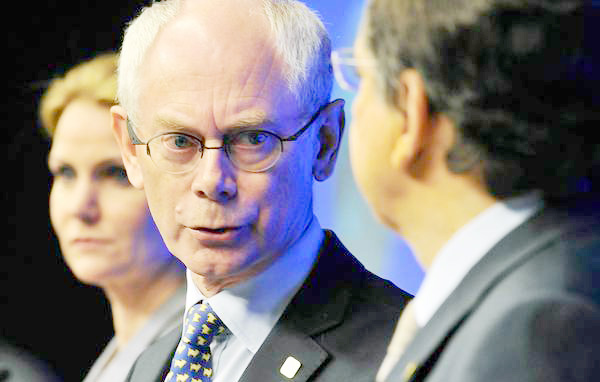Prime Minister Sherif Ismail on Friday said the government has adopted a package of measures to protect the poor and vulnerable segments of society following the recent decisions to float the Egyptian pound and increase prices of petroleum products.
In a press conference at the cabinet headquarters, Ismail said Egypt’seconomy is in a critical position that has forced the government to take long-delayed reform resolutions to counter the consequences of decades of negligence, which led to the decline in resources, a widening budget deficit, and a soaring debt.
Ismail noted that the Central Bank of Egypt’s (CBE) decision to float the pound was an integral part of the economic reform programme implemented by the government, adding that the decision was taken after coordinating with the government. “Floating the pound aims to restore trading in US dollars to official channels to eliminate the unofficial market, in order to improve the national economy indicators, achieve monetary stability and reduce inflation,” Ismail said.
He pointed out that all government agencies will intensify their efforts to control the market and prevent monopolies, in coordination with governors and the ministries of interior and supply.
Moreover, the cost for importing rice increased from EGP 2,300-2,400 to EGP 3,000. The price of importing sugar and wheat also rose. The government has allocated $1.8bn to cover imports of essential commodities and inventory a strategic stock enough for six months to maintain their availability in the market.
According to the prime minister, it was decided to increase the cash subsidy allocated to each individual from EGP 18 to EGP 21, at an additional cost of EGP 2.5bn. He stressed that no restrictions will be imposed on the private sector to import basic goods, noting that customs were removed on sugar imports.
With regard to social solidarity, Ismail said that the number of beneficiaries of the Takaful and Karama programmes will increase from 1 million families to 1.7 million families by 30 June 2017, which would bear an additional cost of EGP 2.5bn funded from the state budget.
Moreover, beneficiaries of supply subsidies within the programme have been reviewed to include them within the main subsidies scheme. Ismail said that statistics indicate that 200,000 families are planned to join the general scheme.
He added that the government is working to implement a complementary fiscal policy in parallel with the monetary policy to stimulate investment through designing a clear vision for creating the right climate to attract more investment, by simplifying procedures and providing facilities.
He noted that the government aims to attract direct and indirect investments worth $10-15bn within the coming two years, compared to current investments worth $6.8bn.




